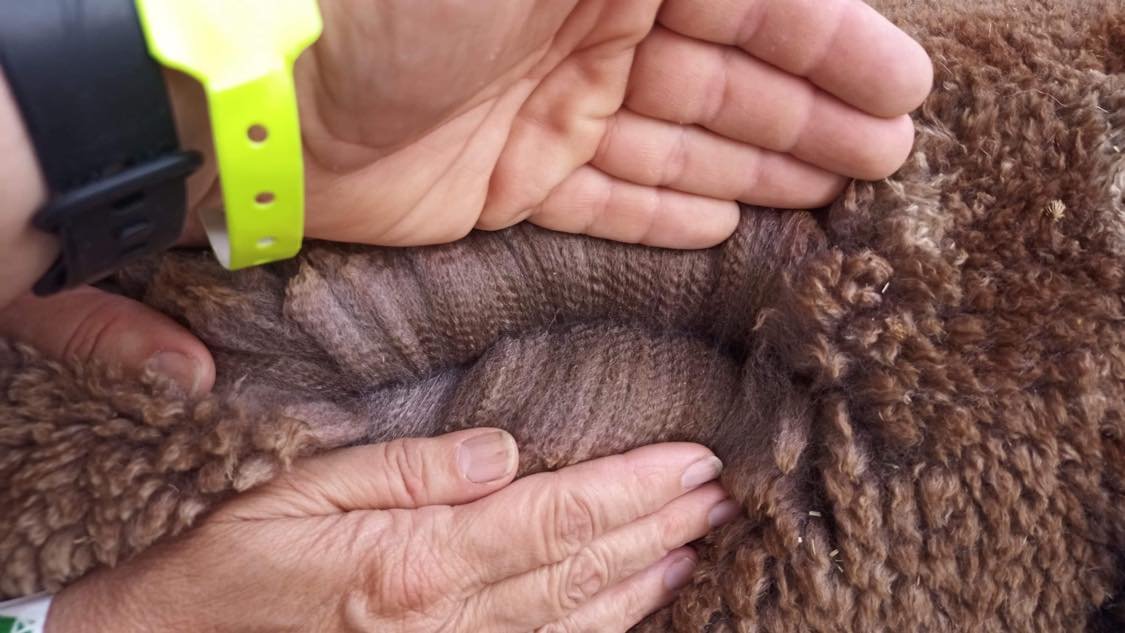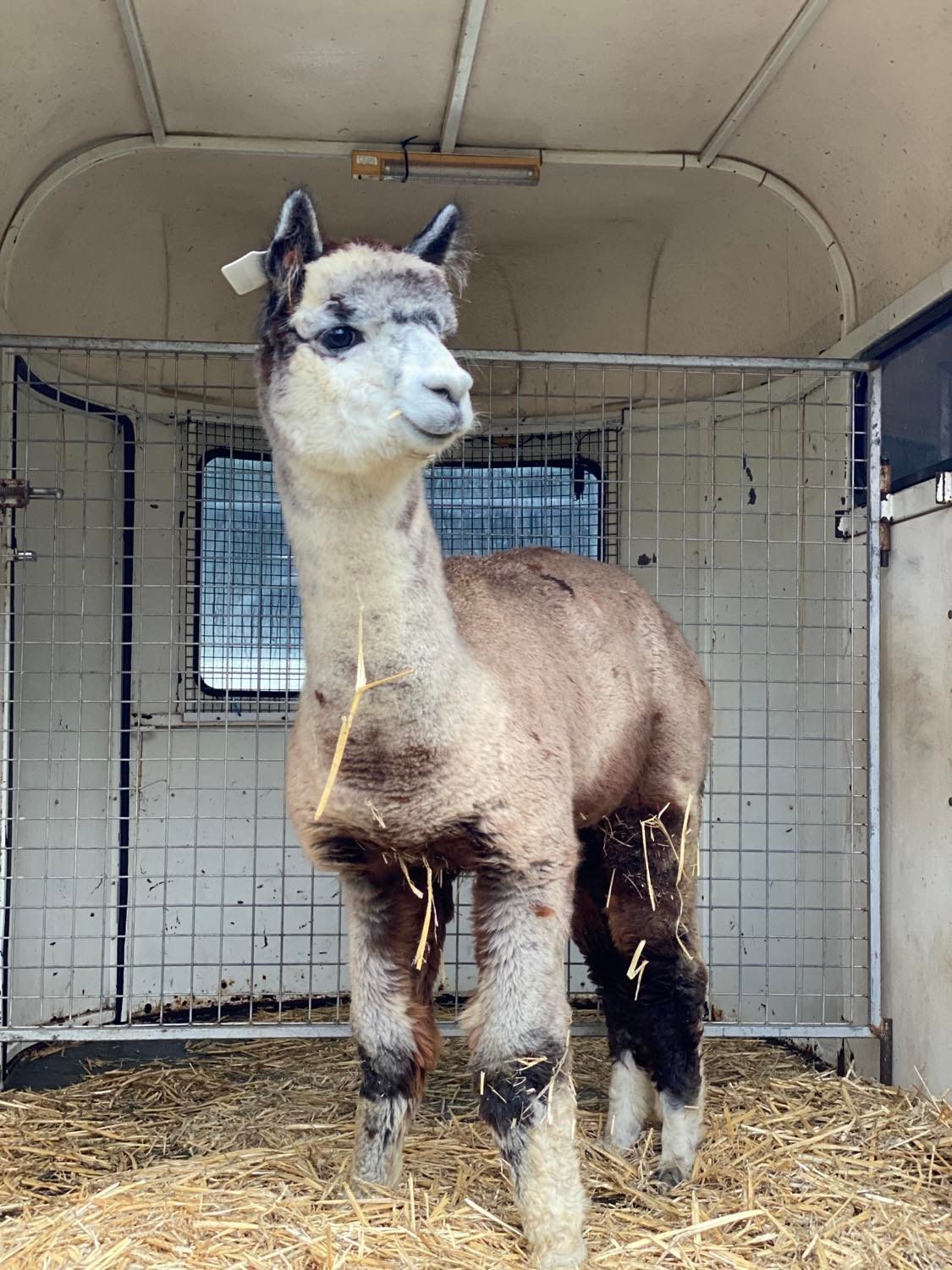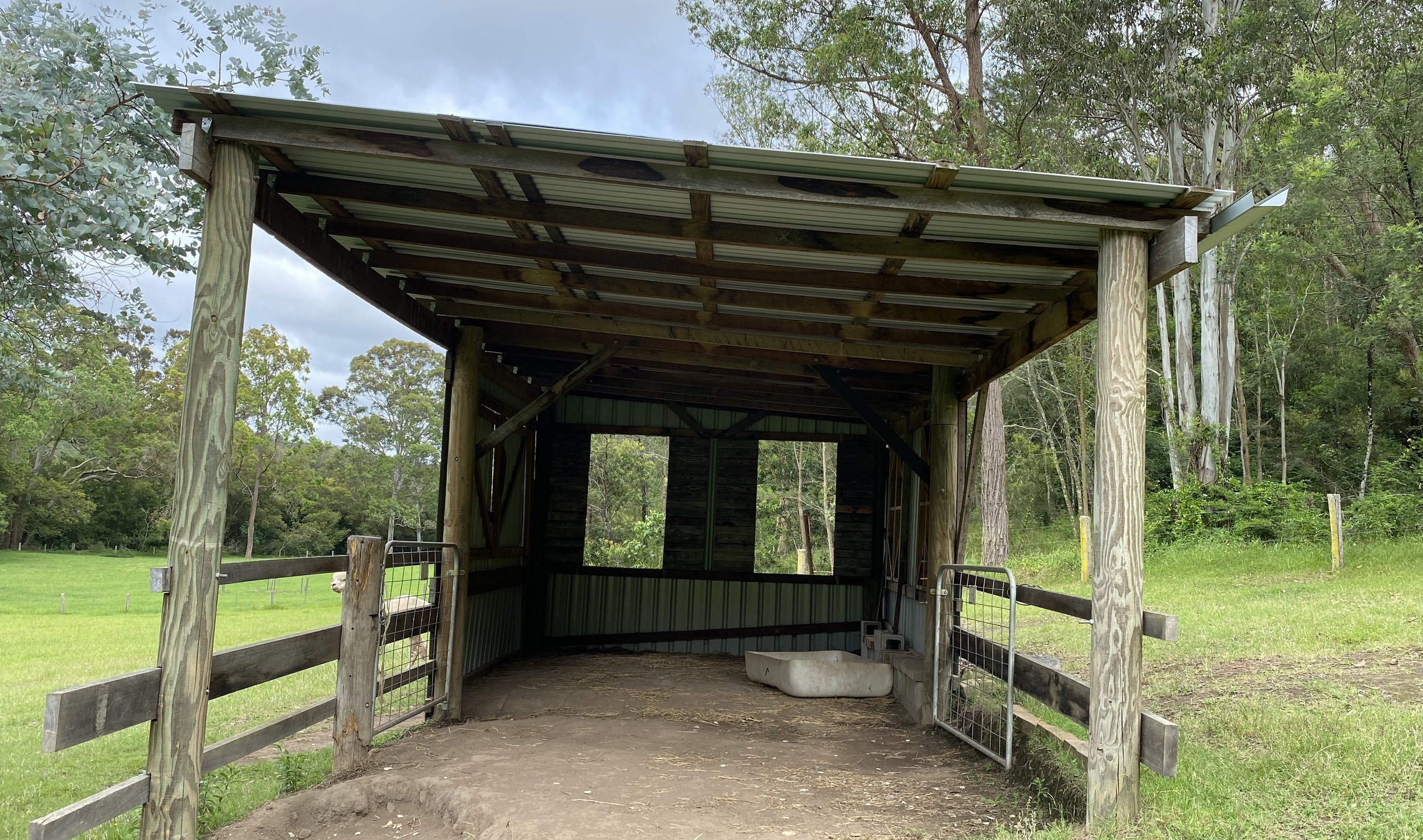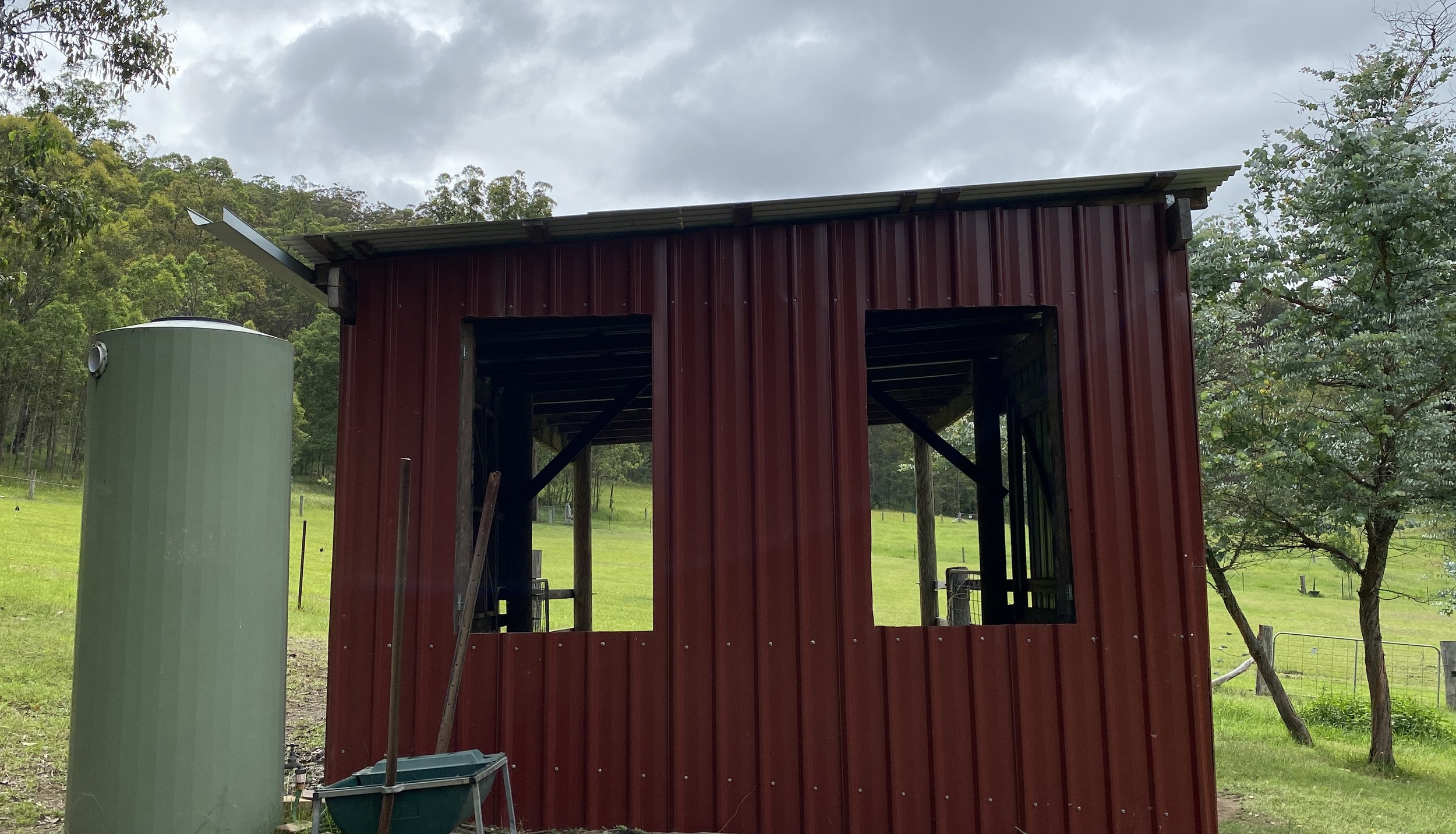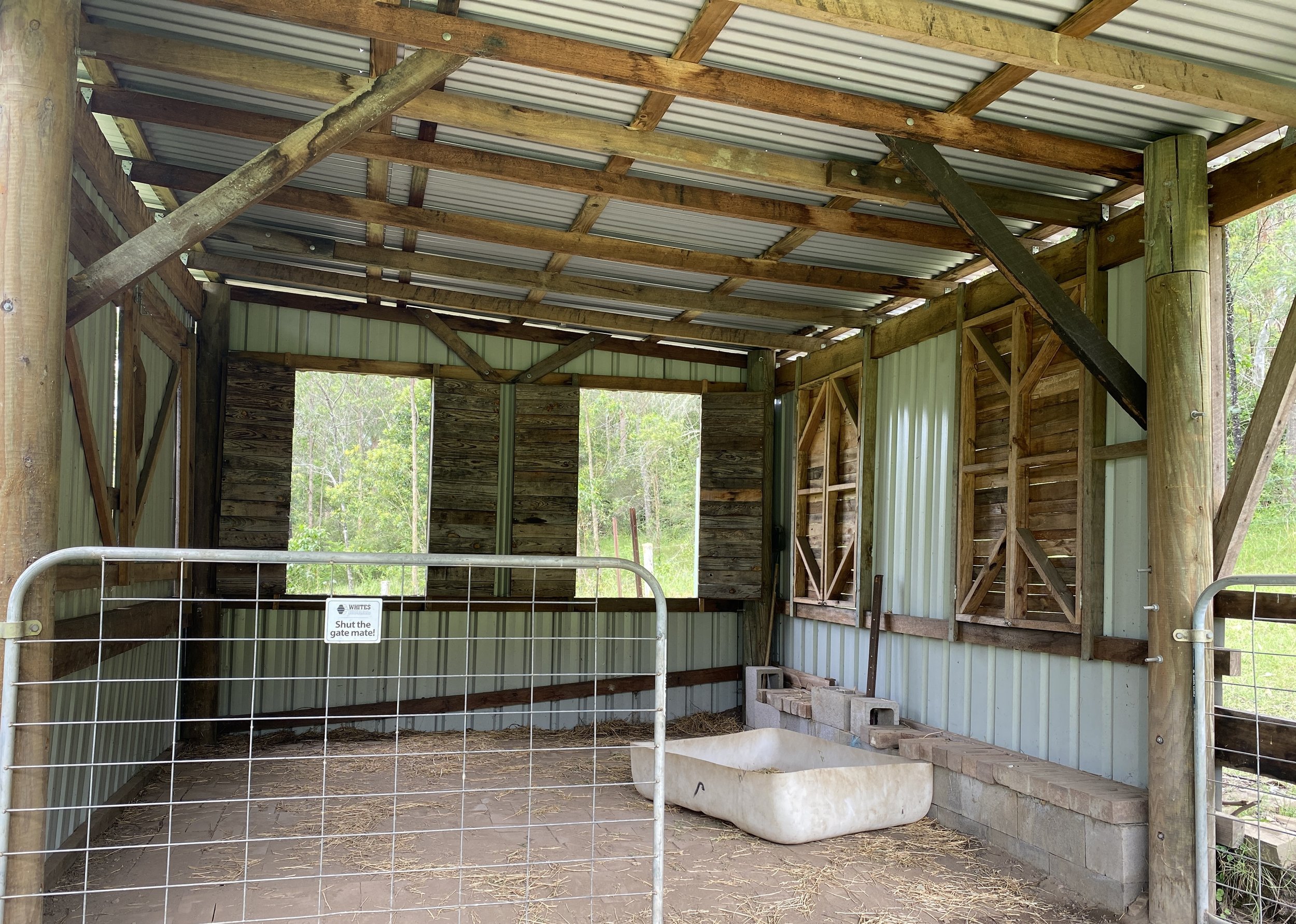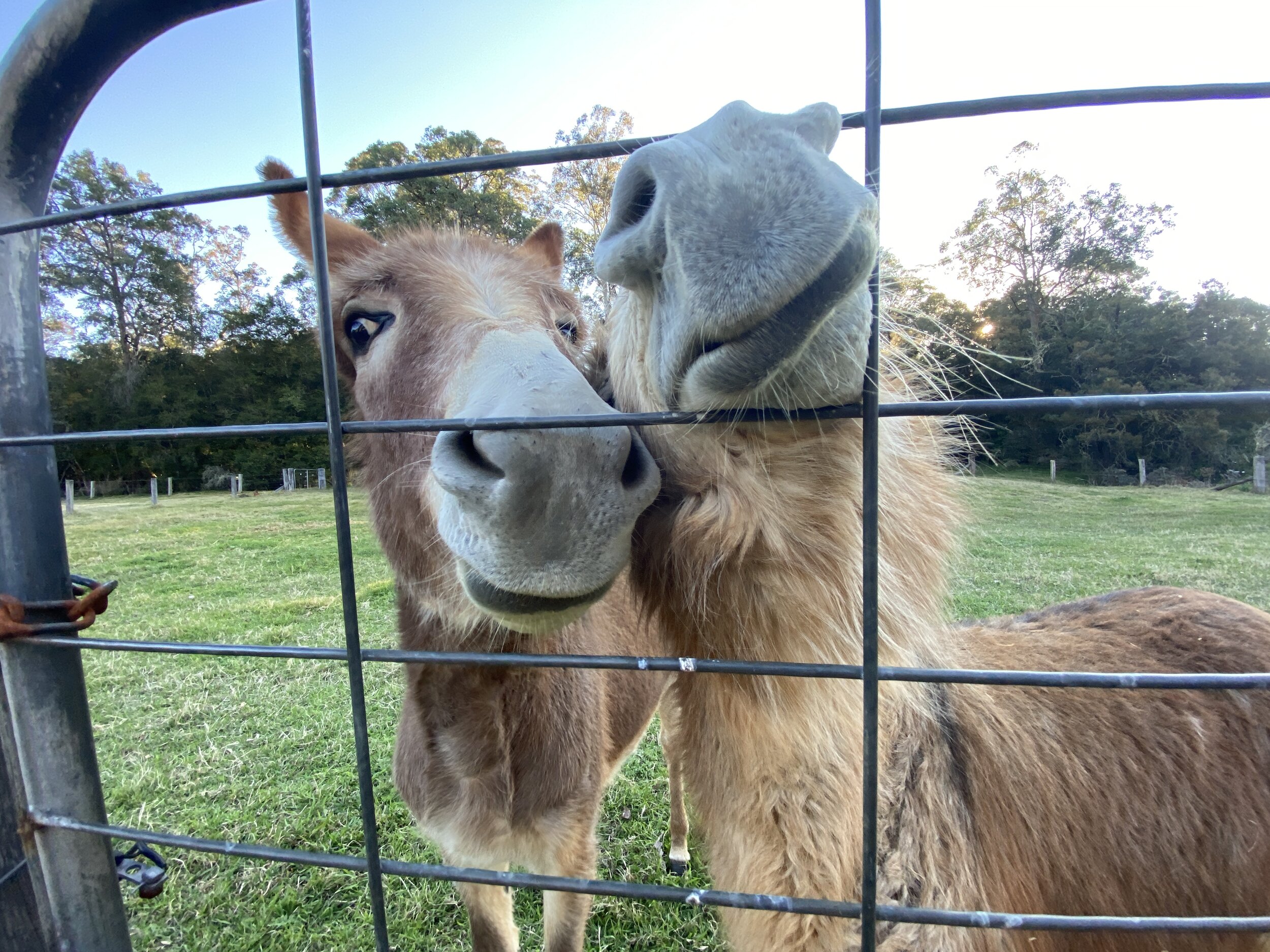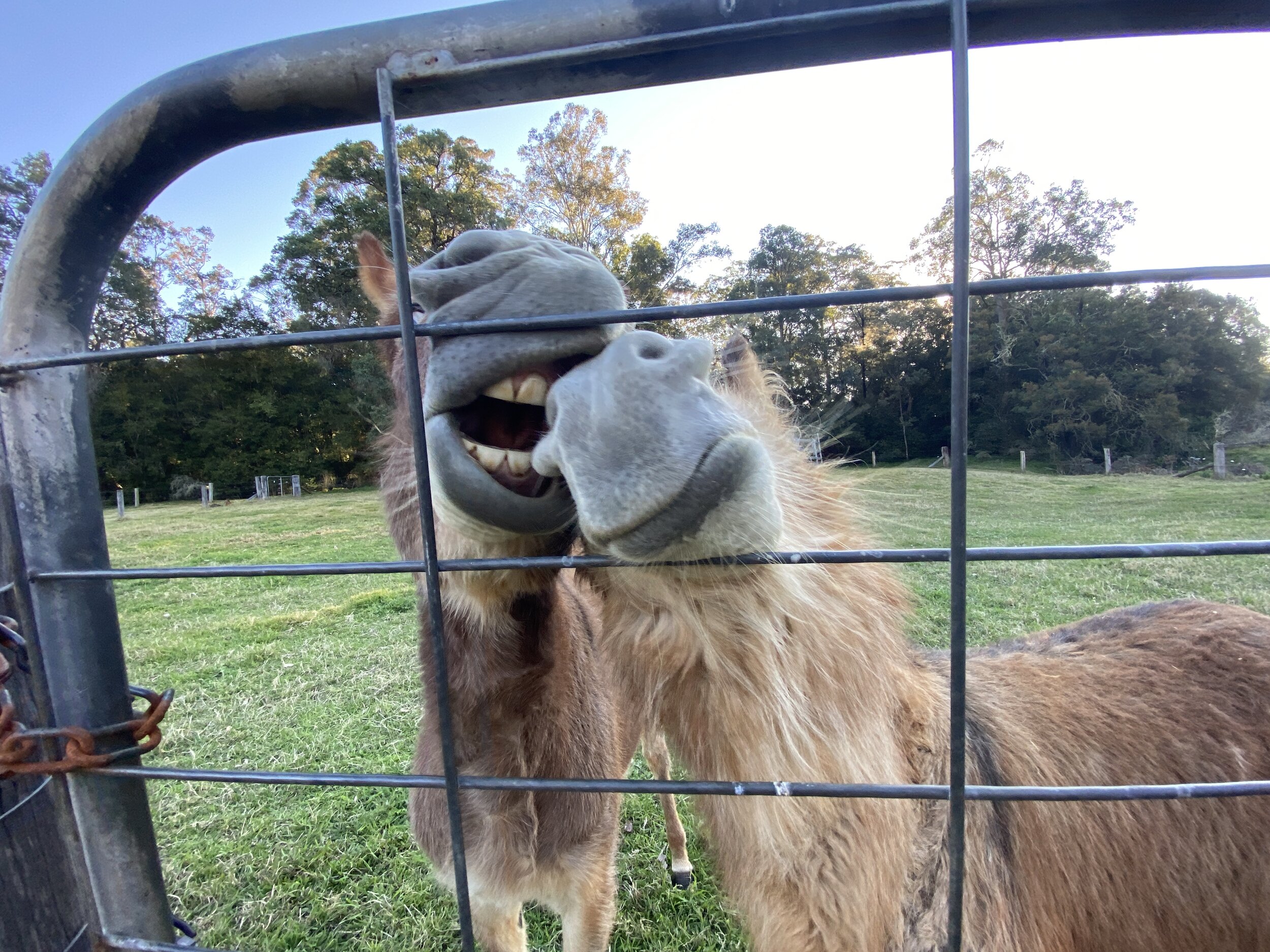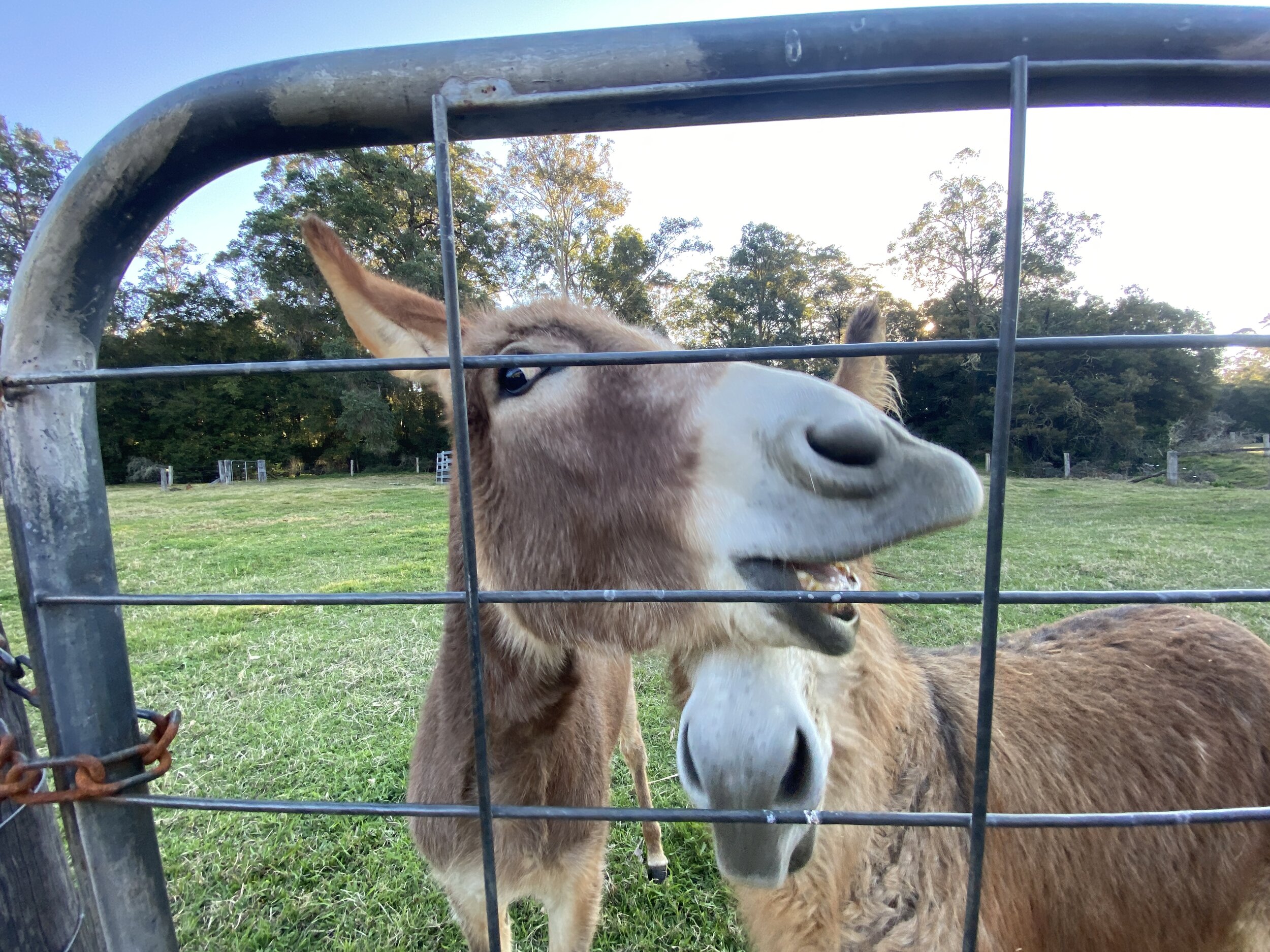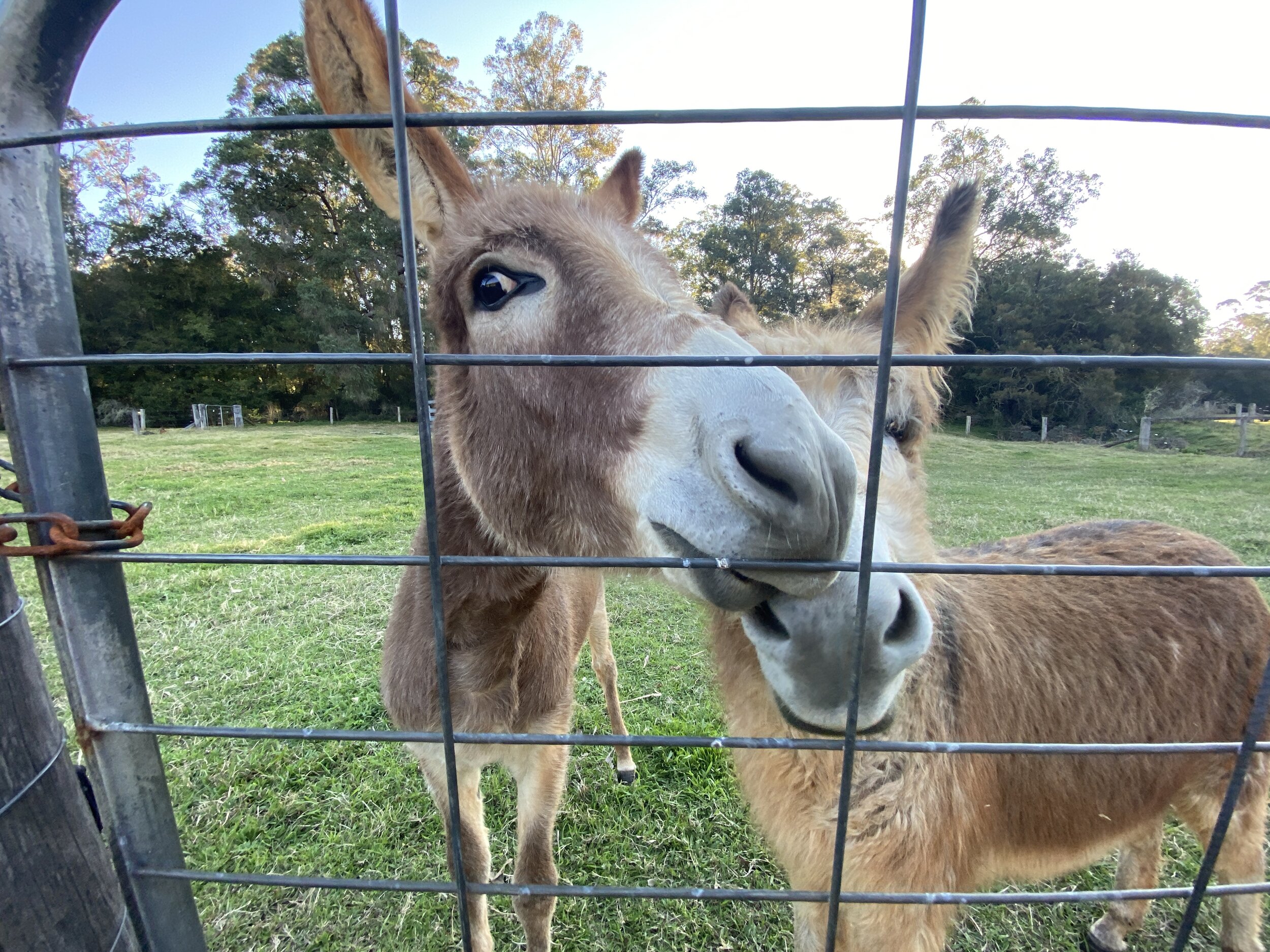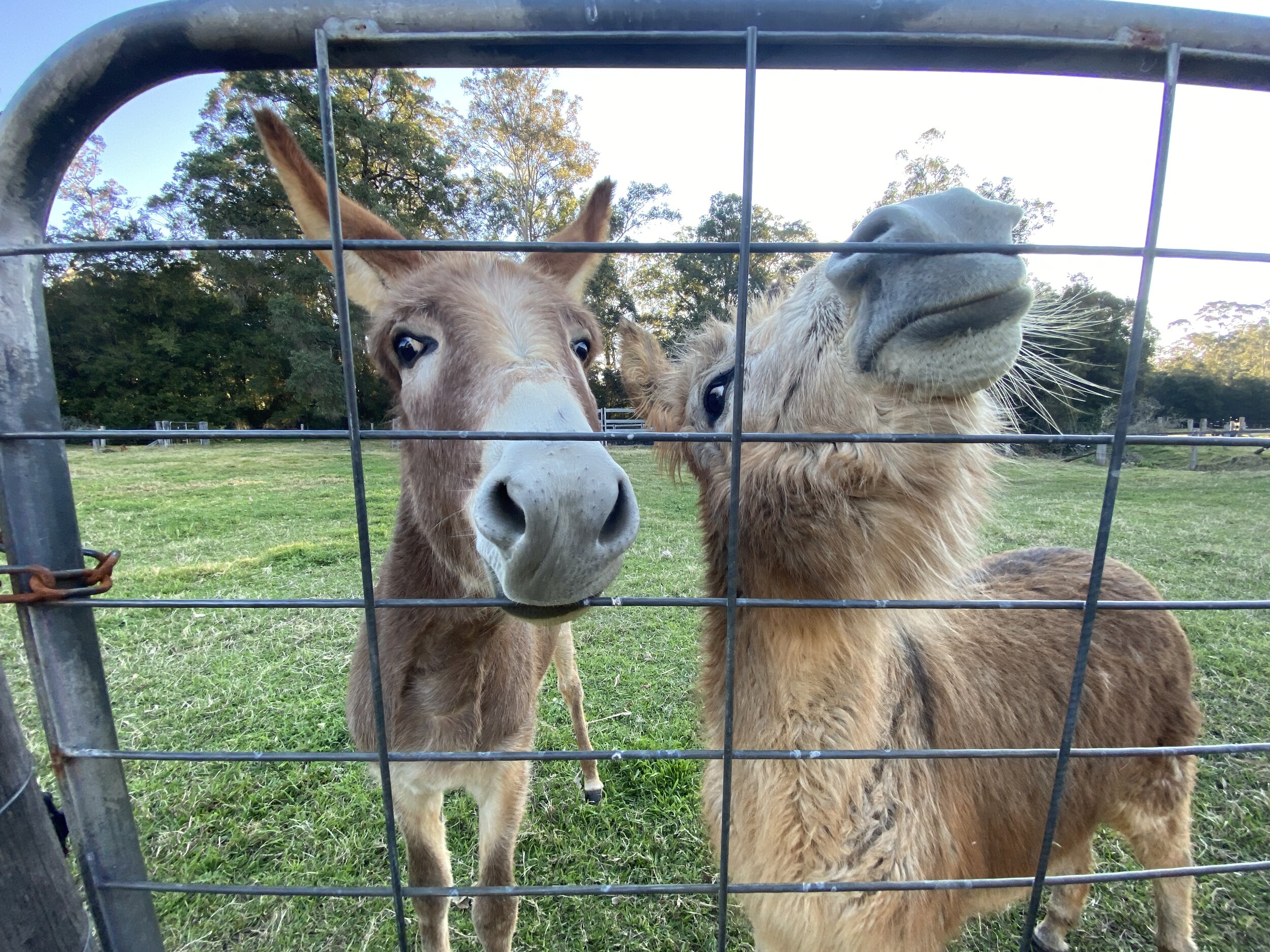When buying any livestock, please ensure you have a PIC # for your property. What is a PIC #?
A Property Identification Code (PIC) is required for all farms, including hobby farms.
A PIC is an eight-character code allocated by the state department of agriculture (or an equivalent authority in each state or territory) to identify a livestock-producing property. The PIC forms the basis of Australia’s food safety and traceability programs and is used in cases of disease outbreaks, bushfires and animal emergencies.
Individuals must, under law, have a PIC if they own or keep one or more cows, sheep, goats, pigs, deer, alpacas, llamas, horses, ponies, donkeys, or more than 100 poultry (i.e. domesticated fowl, chickens, ducks, geese, turkey, guinea fowl, pigeons, quail or pheasants) or ten emus or ostriches.
In NSW, all livestock owners and occupiers of land carrying livestock must have a PIC, regardless of whether the livestock is moved. This is a requirement under the Biosecurity (NLIS) Regulation 2017 and Biosecurity Act 2015.
When purchasing livestock, dealing with a reputable breeder who is transparent in their information is crucial. A top-notch breeder will ask for your PIC # before the livestock sale transaction and provide theirs. By engaging with a trustworthy breeder, you can avoid livestock scams and confidently make informed purchase decisions.
Contact your Local Land Service to obtain your PIC today. Click here on how to apply.
Watch the Local Land Service video on PIC’s here.
When purchasing an alpaca from Little Valley Farm, please ensure your PIC code is ready and can be easily obtained from your Local Land Services. Refer to the link above to obtain yours. We will include your PIC number on our invoice for traceability.
The image above is courtesy of Cheryl Warning. Autumn 2017 at Little Valley Farm.





